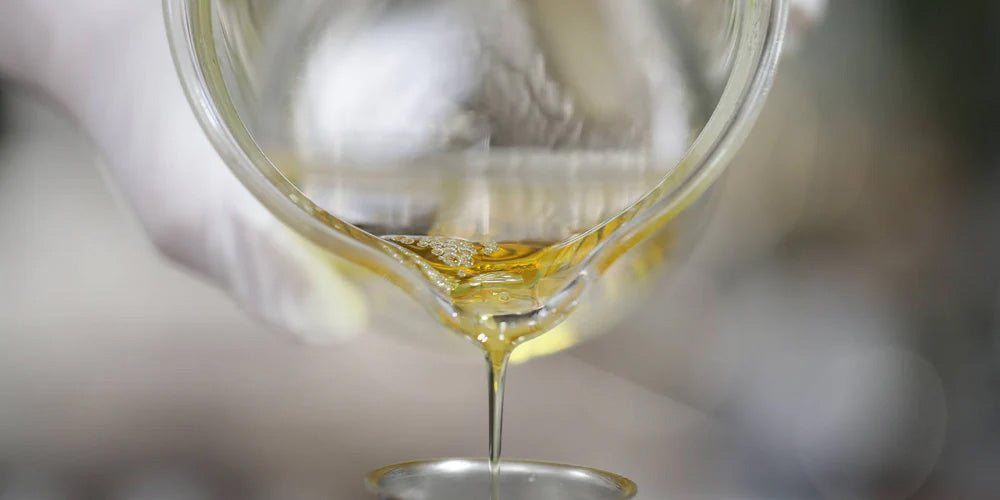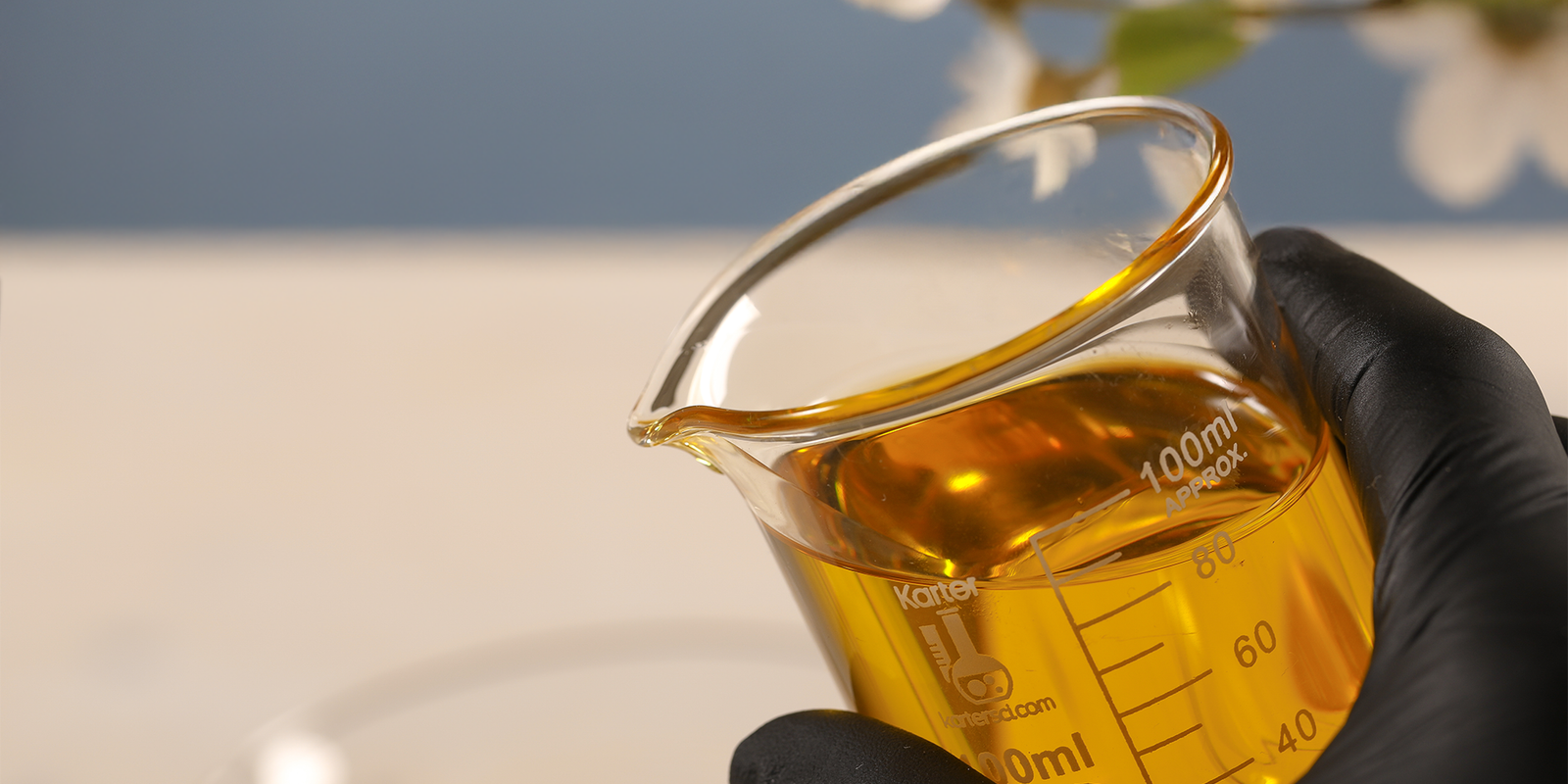EWG Verified® | Free shipping on $75+
EWG Verified® | Free shipping on $75+
Can a Face Oil Replace Serums and Creams?

Can a Face Oil Replace Serums and Creams?
Introduction.
As an esthetician, I am often asked if a face oil can replace serums and creams. Depending on the contents of the face oil, the answer is yes!
What is a face oil?
To begin with, what is a face oil? A face oil is a skincare product that blends natural carrier oils (for more information about carrier oils, see this blog post), such as safflower, apricot kernel, or castor oil.
Sometimes, essential oils are added to the blend (for more details about essential oils, see this blog post), or herbs and spices are infused for additional skin benefits. Face oils are used as a finishing product after cleansing to nourish the skin and keep it moisturized and protected.
What is a cream?
A cream is a water-based product that provides hydration and protection when applied after cleansing your skin. It contains a variety of ingredients, such as humectants (water-attracting molecules), emollients (usually oil-based ingredients that fill in gaps between skin cells), and occlusives (ingredients that sit on the skin's surface and trap moisture).
Since skincare products made with water are prone to bacterial growth, all creams generally contain synthetic preservatives to maintain their shelf life.
What is a serum?
A serum is a water-based product that contains a high concentration of active ingredients that target specific skin concerns, such as fine lines, pigmentation, or acne. They are meant to be paired with a cream or moisturizer, as they do not provide enough protection on their own.
Differences in molecular weight.
Creams typically have a large Dalton weight, which causes them to sit on the surface of your skin. This enables them to lock in moisture and provide barrier protection.
Serums, on the other hand, generally have a small Dalton weight. They absorb quickly and penetrate deeply into your skin.
Face oils vary depending on their composition. Those made exclusively from carrier oils have a larger molecular weight and function similarly to creams, remaining on the surface of your skin. However, essential oils have an extremely low Dalton weight. When incorporated into a face oil, they penetrate deeply into your skin, delivering their active ingredients.
Molecular weight of ingredients matters.
Face oils, creams, and serums are made from ingredients with varying molecular weights, which affects how they target your skin. The unit used to measure molecular weight is called Dalton, which is equal to one-twelfth the mass of a carbon atom. The smaller the Dalton size of a substance, the easier and deeper it can penetrate your skin.
Substances under 500 Daltons are considered small and penetrate the deepest into your skin, 500-1,000 Daltons are considered medium and have some penetrability, while 1,000+ Daltons are considered large and do not penetrate your skin effectively.
Conclusion.
Face oils that are made from a blend of carrier oils and essential oils offer the skin-protective abilities of a cream and the deeper penetrability of active ingredients found in serums. This makes them an excellent all-in-one product that simplifies your skincare routine.
If you're interested in trying a face oil that combines both carrier and essential oils, consider our Holy Grail Face Oil product. I intentionally designed the formula to fully penetrate all skin layers and provide optimal results with just one skincare product.
References
Also in Apotheca Edit

Are Seed Oils Bad For Your Skin?
When it comes to seed oils and your skin, it’s not about avoiding them- it’s about choosing wisely.

Sandalwood Oil: Nature’s Anti-Aging Secret

Are Unscented Products Better For Your Skin?
